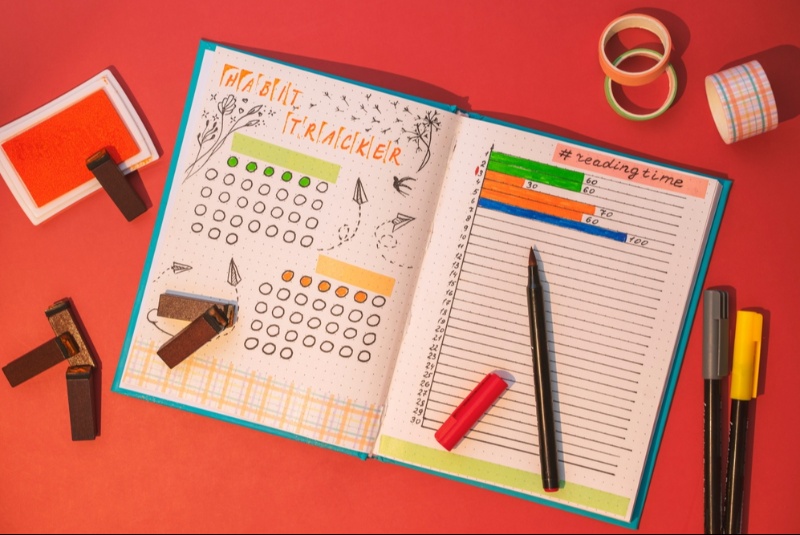Social anxiety, a condition characterized by an overwhelming fear of social situations, can pose significant obstacles in individuals' personal and professional lives. For those grappling with it, building self-assurance can feel like an uphill task. However, with a combination of practical strategies and targeted self-improvement, it's possible to navigate these challenges.
Understanding Social Anxiety
The first step towards addressing social anxiety involves recognizing the symptoms, which often manifest as excessive self-consciousness, fear of judgment, avoidance of social interactions, or physical symptoms such as shaking or sweating. By acknowledging these signs, one can better determine their triggers and devise effective coping strategies.
Self-awareness
Greater self-awareness can help you understand the root of your social anxiety. Is it a fear of rejection, ridicule, or simply unfamiliar situations? By identifying these underlying concerns, you can address the source of your fear. Journaling your thoughts and feelings, especially before and after social interactions, can be beneficial in uncovering these insights.
Challenging Negative Thinking
Social anxiety is often fueled by negative thought patterns. Individuals may worry about making mistakes, sounding foolish, or being negatively judged. To combat this, challenge your negative thoughts and replace them with more realistic and positive alternatives. Cognitive-behavioral therapy (CBT) techniques can be particularly effective in changing these thought patterns.
Gradual Exposure
Avoiding social situations can reinforce anxiety. It can be helpful to gradually expose yourself to more social situations, starting with less intimidating ones. This might mean beginning with small gatherings before working your way up to larger events. Over time, this exposure can help desensitize you to social stimuli, thereby reducing anxiety levels.
Mindfulness and Relaxation Techniques
Incorporating relaxation techniques into your daily routine can help manage the physical symptoms of social anxiety. Practices like mindfulness meditation, yoga, and deep breathing exercises can assist in reducing stress and promoting a more relaxed state of mind. These techniques can also improve focus, allowing you to stay present during social interactions rather than being consumed by anxiety.

Developing Social Skills
For some, social anxiety stems from a lack of confidence in their social skills. In this case, learning and practicing these skills can help build self-assurance. This could include learning how to start conversations, improving non-verbal communication, or practicing assertiveness. Joining a social skills group or seeking professional help can facilitate this process.
Self-Care
Ensure you're taking care of your physical health as it significantly impacts your mental well-being. Regular exercise, a balanced diet, adequate sleep, and reducing caffeine and alcohol can help manage anxiety levels.
Building Self-Esteem
Lastly, building self-esteem is crucial for overcoming social anxiety. Remind yourself of your strengths and achievements and cultivate a positive self-image. Embrace self-compassion and remember that everyone makes mistakes and nobody is perfect. Over time, a more positive self-image can help reduce feelings of anxiety in social situations.
Overcoming social anxiety is a process that requires patience and persistence. It involves breaking down negative thought patterns, gradually exposing yourself to social situations, developing social skills, and building self-esteem. Although this journey may seem daunting, remember that every small step forward is a victory. Over time, these small victories can accumulate, leading to increased self-assurance and a greater sense of ease in social situations. If necessary, don't hesitate to seek professional help. Therapists and counselors trained in dealing with social anxiety can provide valuable support and guidance on this journey.




